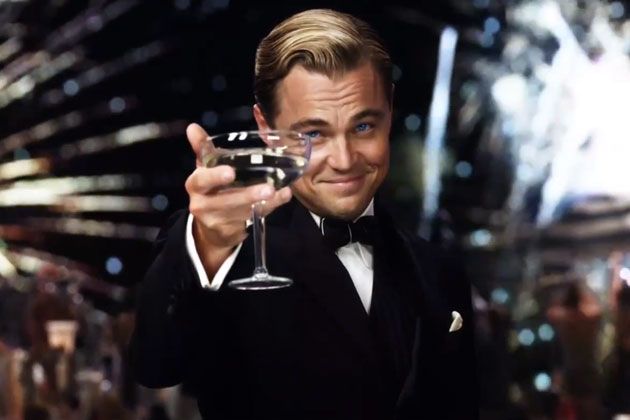Twilight Imperium - Hunka Hunka Burning Sun — Blue Ink Alchemy
Previously in Twilight Imperium: It was a pirate's life for me.







Blue Ink Alchemy

























Finish each day and be done with it. You have done what you could. Some blunders and absurdities no doubt crept in; forget them as soon as you can. Tomorrow is a new day; begin it well and serenely and with too high a spirit to be encumbered with your old nonsense.Goals are great for us to have. They give us something to aim at, an achievement to strive towards. As much as accepting compromise or failure can lead to complacency and stagnation, we also cannot obsess over achieving every goal we set, at least in the short term. That way lies madness. So, as in most things, the key is in balance. Have your goals. Work towards them. Make as much effort as you can to get where you want to be. And if you don't exactly get there, you'll at least be closer. Progress is progress, even if it seems slow or even glacial. I'm reminding myself of that every day, and you should, too, especially if you're feeling frustrated or depressed about how work is turning out or how circumstances are coming together. Be patient. Take a deep breath. Try again. If all else fails, remember that you get to start fresh tomorrow, and possibly do even better. Don't give up. Never surrender. Put one foot, physical or metaphorical, in front of the other, and you'll get where you want to go.
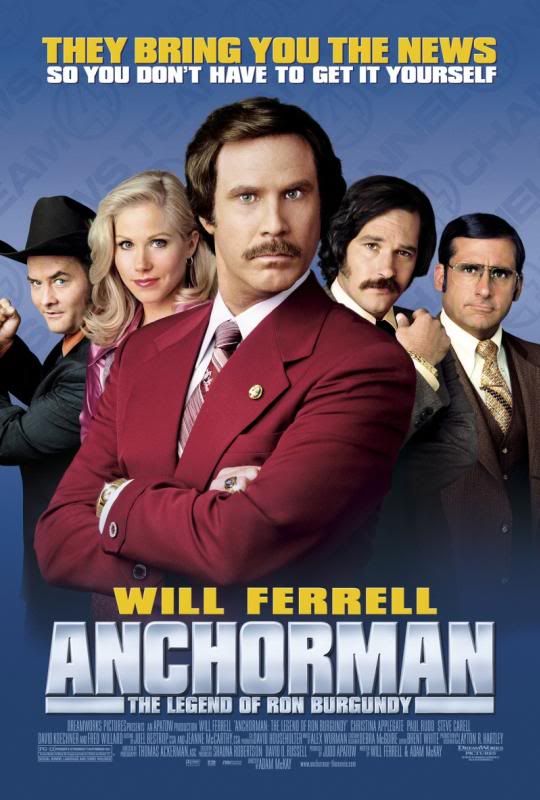
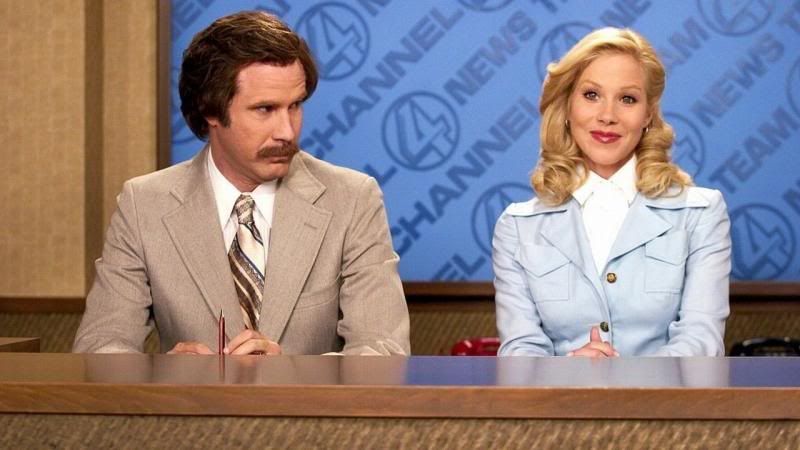
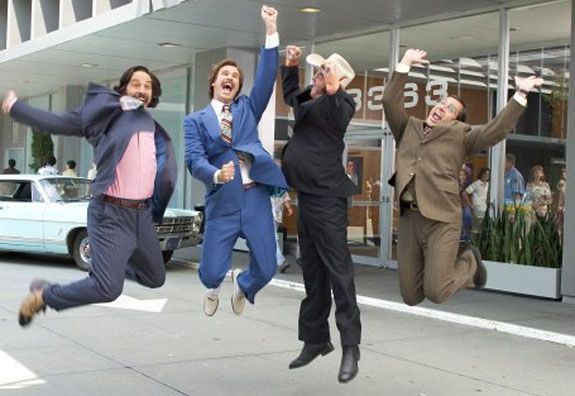
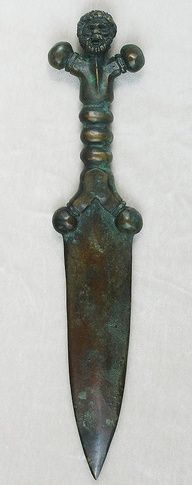

"Those who cannot remember the past are condemned to repeat it." - George Santayana
We have the country we have today because people got pissed off enough to fight for it.
America's military is based entirely on volunteer service. People enlist for various reasons, from pure-hearted desire to serve the country to paying for a college education. And those who can already afford college can embark upon a career as an officer right from the start. The important fact, though, is that none of it is compulsory. Nobody is making these young men and women sign up for service that could ultimately mean they're going to die far from home, in some foreign land, possibly alone with no one to remember them save for a line item in a report listing them as "Missing In Action".
Other countries compel their citizens to join the military from an early age. There's no choice in the matter. Regardless of how you feel about your country, you're going to be serving in its military. As much as I admire Heinlein, the idea of compulsory military service being the only route to citizenship is a pretty scary one. But unless I'm mistaken, no country has gone completely that far yet.
Here, though, every person who puts on that uniform, male or female, young or old, gay or straight, left or right, does so for the same reason. They want to serve. They chose to answer the call to duty. Nobody made them.
And if they died on a foreign shore, they did so as the ultimate result of that choice. As lonely, painful, cold and dark as it might have been for them, it is a deep hope of mine that they do not consider themselves forgotten.
We have not forgotten.
Read the rest here

"Those who cannot remember the past are condemned to repeat it." - George Santayana We have the country we have today because people got pissed off enough to fight for it. America's military is based entirely on volunteer service. People enlist for various reasons, from pure-hearted desire to serve the country to paying for a college education. And those who can already afford college can embark upon a career as an officer right from the start. The important fact, though, is that none of it is compulsory. Nobody is making these young men and women sign up for service that could ultimately mean they're going to die far from home, in some foreign land, possibly alone with no one to remember them save for a line item in a report listing them as "Missing In Action". Other countries compel their citizens to join the military from an early age. There's no choice in the matter. Regardless of how you feel about your country, you're going to be serving in its military. As much as I admire Heinlein, the idea of compulsory military service being the only route to citizenship is a pretty scary one. But unless I'm mistaken, no country has gone completely that far yet. Here, though, every person who puts on that uniform, male or female, young or old, gay or straight, left or right, does so for the same reason. They want to serve. They chose to answer the call to duty. Nobody made them. And if they died on a foreign shore, they did so as the ultimate result of that choice. As lonely, painful, cold and dark as it might have been for them, it is a deep hope of mine that they do not consider themselves forgotten. We have not forgotten.
Read the rest here It may seem we have forgotten to some veterans, though. If they make it home, they tend to bear scars, and not always obvious ones. It's shamefully easier to sympathize with a soldier who's lost a limb or suffered major facial trauma than it is one who seems intact in body but says nothing about what's going on in his or her mind. These are people who, because of a choice they made, have stared death in the face, and been told, ordered, demanded not to flinch. We hold soldiers in high esteem. Most see them as brave or even fearless. But they're human beings, just like you and me. They have our doubts, our fears, our weaknesses. They, like us, are mortal. They're going to die, and some die on foreign shores because they're told to be there. They fight for us anyway, and that's what makes them great, and worth remembering. I don't have any particular charity or cause to champion here, nor do I know how easily one can get to some place like Walter Reed to see what becomes of those who only partially make it home. All I ask is that you remember them, not just today, but every day.


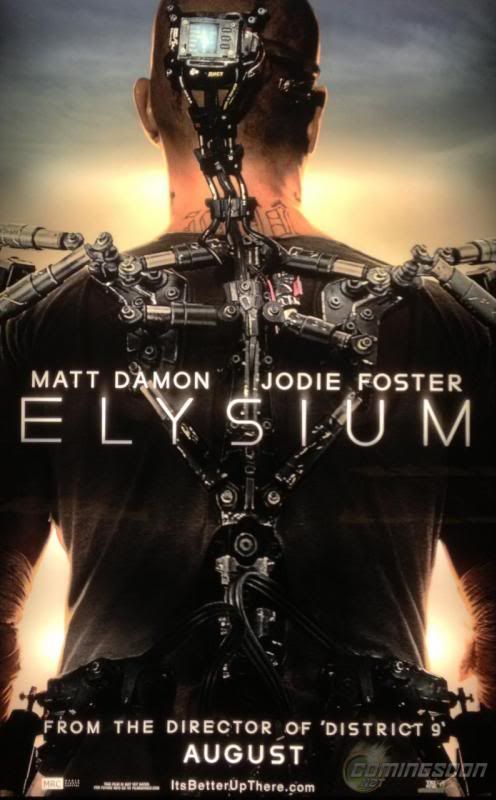

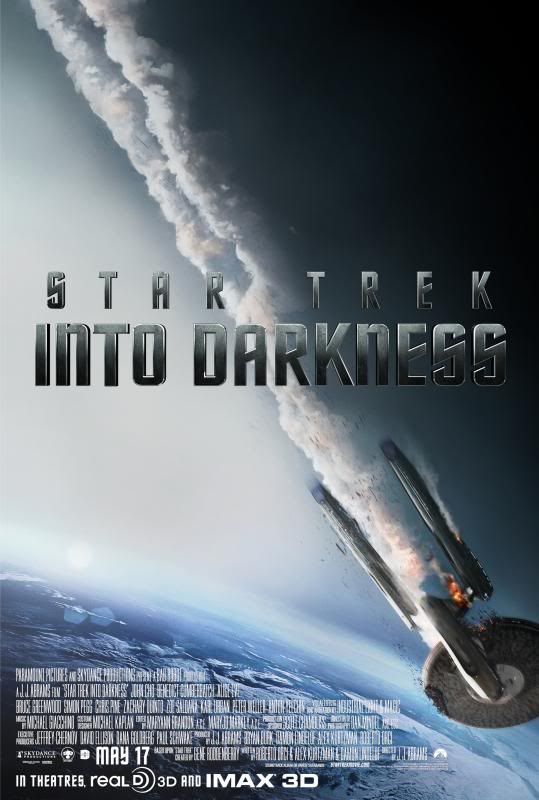
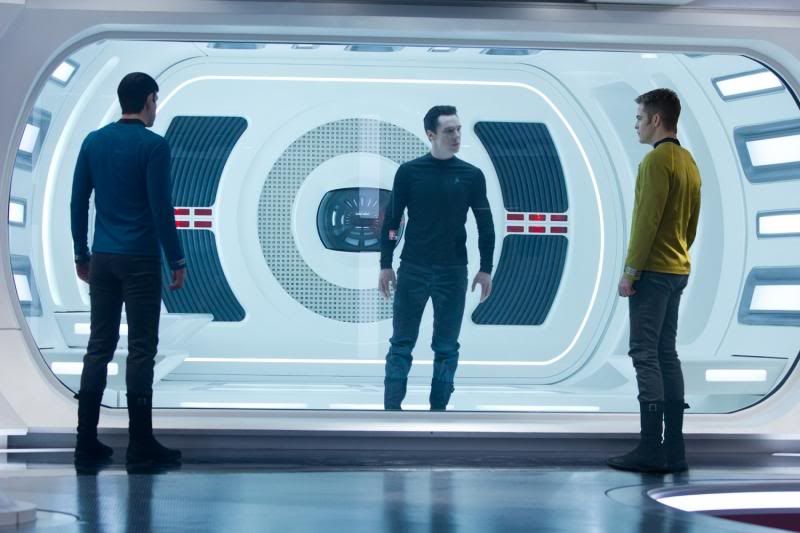
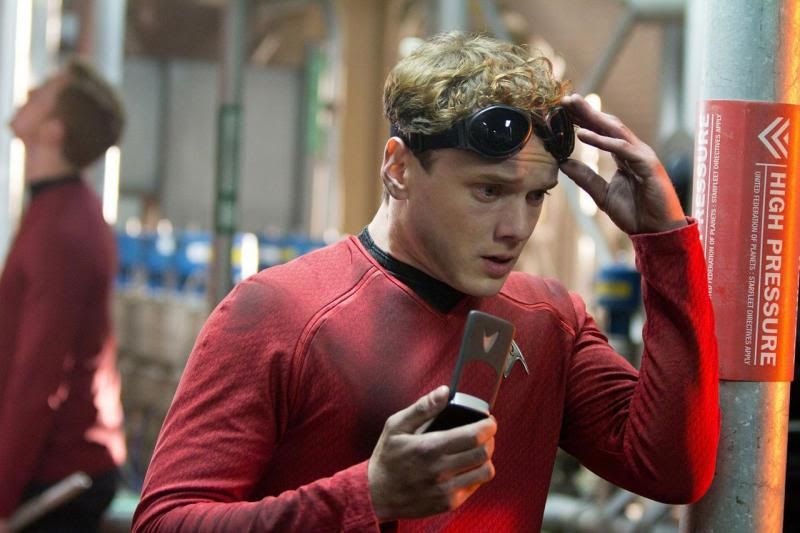


My recovery from Acute Lymphocytic Leukemia was relatively quick, though I had a number of issues that arose. Resulting from an infection surrounding my port, I was put into the ICU 5 times (I jokingly say that I died 5 times as part of my treatment, as the first one had a doctor look at me, dumbfounded that I was still breathing with extremely low blood pressure). My last ICU stint, coincidentally, was for a staph infection, almost exactly at the same time that famed artist Tim Hildebrant died of one. Mostly, though, my treatment was straightforward, with my last form of chemotherapy being taken, orally, in April of 2009. I still hesitate to call myself "cured" though. While the physical treatment has ended, I don't feel as healthy as I did beforehand, and there are still some emotional issues I feel need to be addressed. During my treatment, I had discovered that my first military supervisor, Peter Anderson, contracted and died of the same cancer that I had, and I don't think I ever really came to terms with that. Overall, though, I'd say I've done really well, considering how it could've gone. Going through cancer is not fun. Nurses hovering over you constantly. The looming threat of infection. The nausea. The hair loss. One of the things that helped me get through it all was my weekly D&D game. For that 6 hours around the table, I could stop being John, cancer patient, and become Alton, halfling rogue, putting all of those concerns behind me.You can learn more about John's struggle and success, and how you can help, by visiting Castles & Chemo on Facebook. You can also contribute to their Indiegogo campaign, which ends today.

My recovery from Acute Lymphocytic Leukemia was relatively quick, though I had a number of issues that arose. Resulting from an infection surrounding my port, I was put into the ICU 5 times (I jokingly say that I died 5 times as part of my treatment, as the first one had a doctor look at me, dumbfounded that I was still breathing with extremely low blood pressure). My last ICU stint, coincidentally, was for a staph infection, almost exactly at the same time that famed artist Tim Hildebrant died of one. Mostly, though, my treatment was straightforward, with my last form of chemotherapy being taken, orally, in April of 2009. I still hesitate to call myself "cured" though. While the physical treatment has ended, I don't feel as healthy as I did beforehand, and there are still some emotional issues I feel need to be addressed. During my treatment, I had discovered that my first military supervisor, Peter Anderson, contracted and died of the same cancer that I had, and I don't think I ever really came to terms with that. Overall, though, I'd say I've done really well, considering how it could've gone. Going through cancer is not fun. Nurses hovering over you constantly. The looming threat of infection. The nausea. The hair loss. One of the things that helped me get through it all was my weekly D&D game. For that 6 hours around the table, I could stop being John, cancer patient, and become Alton, halfling rogue, putting all of those concerns behind me.You can learn more about John's struggle and success, and how you can help, by visiting Castles & Chemo on Facebook.
